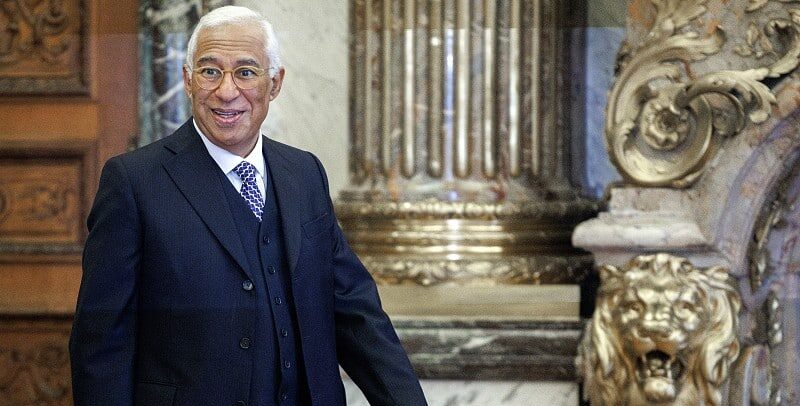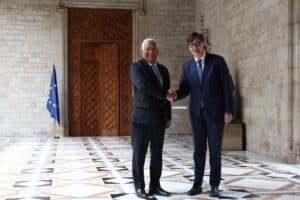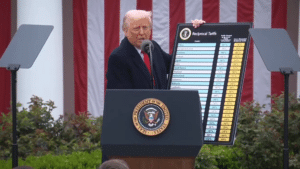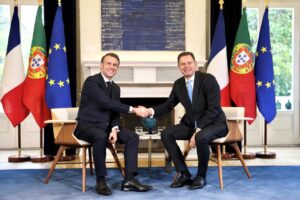“Time is short; there is sense of urgency”
President of the European Council António Costa has rejected ‘artificial timetables’ for the enlargement of the European Union , demanding a restructured community bloc to welcome the next countries “as soon as possible”, particularly those from the Western Balkans.
The former Portuguese prime minister told the European Newsroom project, “I don’t believe in artificial timetables. The most important thing is to realise that time is short and there is a sense of urgency.
“Every day it is more difficult for the population of the Western Balkan countries to believe that one day this process will be finalised“.
“I don’t know if it will be next year, in three or four years,” he added, suggesting the most important thing is to think about “what needs to be done” in order to get there.
“That’s why I spoke of this sense of urgency. If we conclude our reforms as soon as possible, if we meet all the criteria, we can conclude the process with each partner in the Western Balkans as soon as possible,” he said.
Just a day before the fifth summit between the EU and the countries of the Western Balkans, António Costa looked back at the “long process” to include six of the Western Balkan countries in the political and economic bloc.
Kosovo is a “very specific situation”, as five of the 27 EU countries do not recognise it.
Even so, he recognises that progress has been made, particularly the end of the need for a visa for Kosovar citizens to travel to EU countries.
For tomorrow’s summit, Mr Costa believes the important thing is to “give a clear idea that there is a real commitment“, which “ensures a gradual enlargement” that appeases citizens’ anxieties and presents a realisable idea.
Considering that countries like Montenegro, Serbia, North Macedonia and others have made progress in the process, Costa insisted that “favourable conditions” are needed to conclude the process, which requires reforms on both sides – aligning his position with that of the President of the European Commission, Ursula von der Leyen.
National pundits will notice this attitude is a complete ‘about turn’ from his warnings over EU enlargement as a prime minister; warnings that were ‘echoed’ by his finance minister of the time, and swiftly swatted away by the then European commissioner European Commissioner for Cohesion Policy and Reform (herself Portuguese).
Source material: LUSA


























